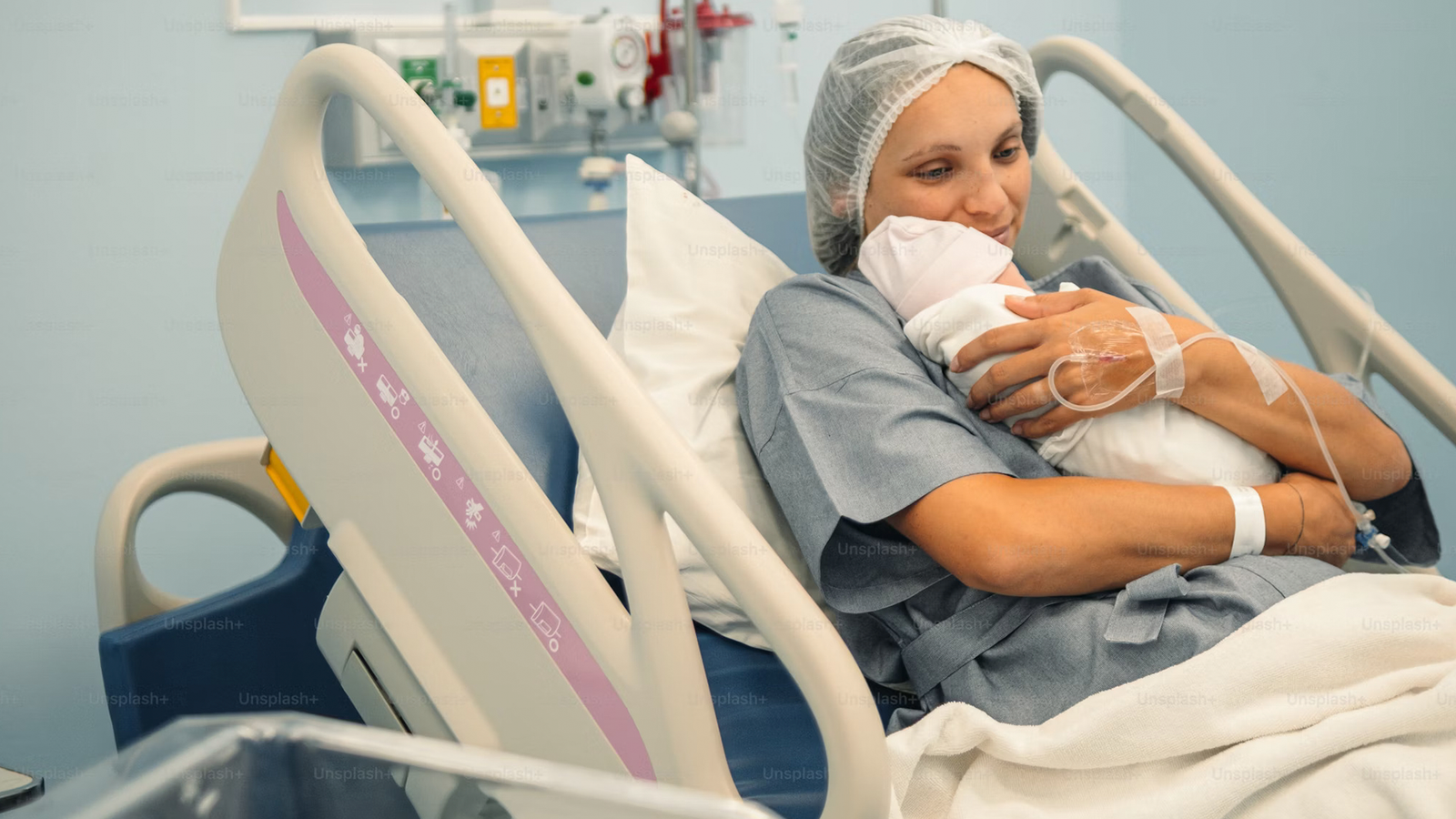1. Maintain Cleanliness
Always keep the wound clean and dry. After urinating or passing stools, wash the area with warm water and gently pat dry with a soft towel.
2. Take Sitz Baths with Warm Water
Take warm water sitz baths 2-3 times a day. This helps improve blood circulation to the wound, reduces pain, and minimizes swelling.
3. Use Prescribed Medications
If your doctor prescribes antiseptic creams or antibiotics, use them regularly. For pain relief, take paracetamol or other prescribed painkillers, but always follow your doctor's advice.
4. Get Adequate Rest
Allow your body enough time to heal. Avoid heavy lifting or excessive movement. Rest and sleep are essential for restoring your energy and promoting recovery.
5. Eat Nutritious Foods
A balanced diet is crucial for healing. Include protein, iron, vitamin C, and zinc-rich foods in your meals.
- Protein: Eggs, chicken, fish.
- Vitamin C: Oranges, amla (Indian gooseberry).
- Iron: Spinach, jackfruit seeds.
- Zinc: Nuts, seeds.
6. Wear Comfortable Clothing
Choose loose-fitting, cotton clothes that do not irritate the wound. Avoid tight clothing, as it may put pressure on the stitches.
7. Stay Hydrated
Drink plenty of water to keep your body hydrated. Proper hydration helps flush out toxins and aids in quicker healing.
8. Consult Your Doctor Regularly
If you notice excessive pain, redness, or pus at the wound site, contact your doctor immediately. These could be signs of infection.
9. Engage in Light Exercise
Once approved by your doctor, light activities such as walking or postnatal exercises can improve blood flow and speed up recovery.
Conclusion
With proper care, attention, and patience, episiotomy wounds from a normal delivery can heal
effectively, allowing you to focus on the joys of motherhood with minimal discomfort. The
healing process begins with maintaining excellent hygiene practices, such as gently cleaning
the area with warm water and ensuring it stays dry to reduce the risk of infection. You can
also use doctor-recommended remedies, like sitz baths, ice packs, or topical treatments, to
soothe the area and promote faster recovery. Pain management is crucial, so don’t hesitate
to discuss options with your healthcare provider, including safe medications or natural
alternatives, to keep discomfort at bay.
Staying consistent with postpartum checkups is equally important, as they allow your doctor
to assess the healing process, address any potential issues, and provide personalized advice
tailored to your recovery. You might also consider incorporating light physical activities,
like walking or pelvic floor exercises, as advised by your doctor, to improve circulation
and aid in the healing process. Be mindful of your body’s signals and avoid overexerting
yourself, as rest is just as critical to recovery as any medical intervention.
By following these tips and giving yourself the time and care you need, you’ll find it
easier to heal and regain your strength, enabling you to return to your daily routines with
confidence and ease. Motherhood is a transformative journey, and taking care of yourself is
an essential part of embracing this beautiful chapter in your life. Remember, your
well-being is directly tied to your ability to care for your little one, so prioritize
yourself without guilt or hesitation. Seek support from loved ones, follow your doctor’s
guidance, and cherish every moment of this incredible new phase—you deserve to feel happy,
healthy, and empowered as a mother!
